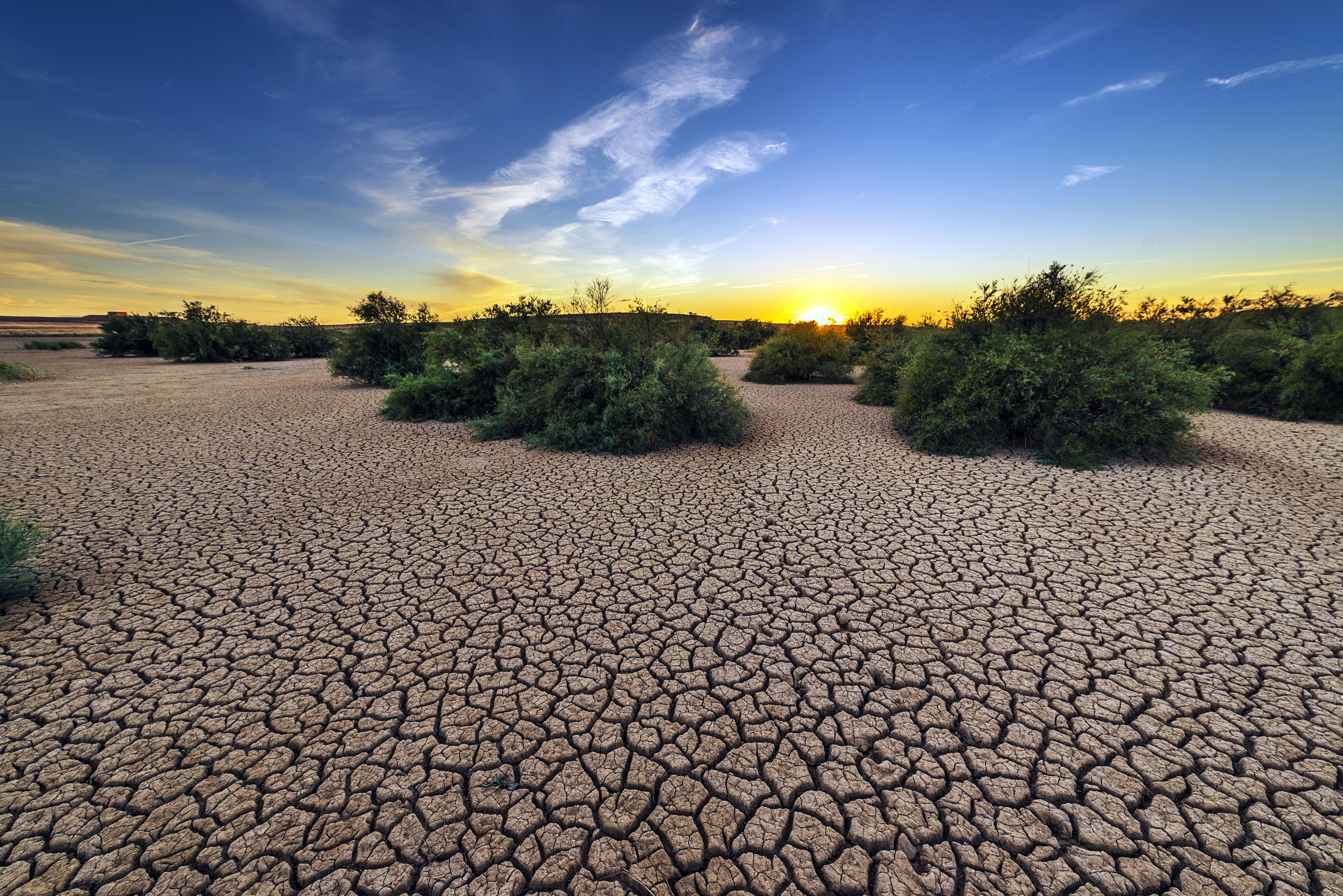COP27 climate conference Germany to double commitment for global forest conservation
Germany’s Development Minister Svenja Schulze said, “This pledge is a strong show of solidarity, both for the COP27 climate conference in Egypt and for the global biodiversity conference in Canada in December. Without an intact natural environment, people are left defenceless, at the mercy of the elements. Forests are home to animal and plant species and people worldwide depend on forests for their livelihood. That is why forest conservation is also poverty reduction. We will be using the additional funds to promote projects that address nature conservation, sustainable management and the economic livelihoods of indigenous and local people.”
At the invitation of the British government, the first meeting of heads of government of the Forest Climate Leaders Partnership was held today at COP27. This initiative was launched by Great Britain during last year’s COP26 Presidency with a view to jointly advancing the conservation, restoration and sustainable use of forests.
At last year's global climate conference in Glasgow, Germany pledged a total of one billion euros for global forest conservation for the period between 2021 and 2025. This sum is now being doubled to two billion euros, 1.7 billion euros of which are being made available through the Federal Ministry of Economic Cooperation and Development.
The funds will be invested mainly via bilateral programmes with partner countries such as Brazil, Ecuador, Madagascar or Pakistan. Pakistan, for instance, has set itself the goal to restore forest habitats by planting ten billion trees by 2023.
In addition, funding will also be provided to multilateral initiatives. This includes, for example, the Central African Forest Initiative CAFI and the Congo Basin Forest Partnership with now 122 partners, including ten Central African partners with high forest cover. The objective of the cooperation is to intensify and coordinate efforts to sustainably protect and use forest resources in the Congo Basin. The engagement also involves the co-founding of and ongoing support for the African Forest Landscape Restoration Initiative (AFR100). The BMZ is helping to restore at least 100 million hectares of forest and tree-rich landscapes by 2030 under this framework.
Germany is thus sending a strong signal for stepping up commitment to forest conservation. This is indispensable to achieve the goal of stopping deforestation and land degradation by 2030. This was what the international community agreed on last year in the Glasgow Leaders' Declaration on Forests and Land Use (External link). To keep global warming below the 1.5 degree threshold, it will be necessary to cut the greenhouse gas emissions of, for instance, energy production, industry and traffic and also strengthen and restore natural carbon sinks such as forests and wetlands.
Indigenous people and local communities, in particular, depend on natural resources and biodiversity, not least as regards food security. At the same time, these communities contribute valuable knowledge to forest conservation. That is why Germany is an advocate, in particular, of the rights and involvement of indigenous people and local communities when it comes to forest conservation. After all, the conservation and restoration of forests can only be successful if the local communities are involved.
Roughly one third of the world’s population depends on forests for their livelihood. Since 1990, an estimated 420 million hectares of forest have been lost – an area roughly the size of the EU. A major part, some 88 per cent of global forest destruction, is caused by agriculture. Consumption, including in Europe, is still contributing significantly to the destruction of forests. That is why the European Union is currently working on new legislation under the Green Deal, which will ban the import of products into the EU that are produced in a way that is damaging forests. This concerns, for instance, wood, coffee, cocoa, palm oil, beef or soybeans that are mainly used to feed pigs and poultry.


